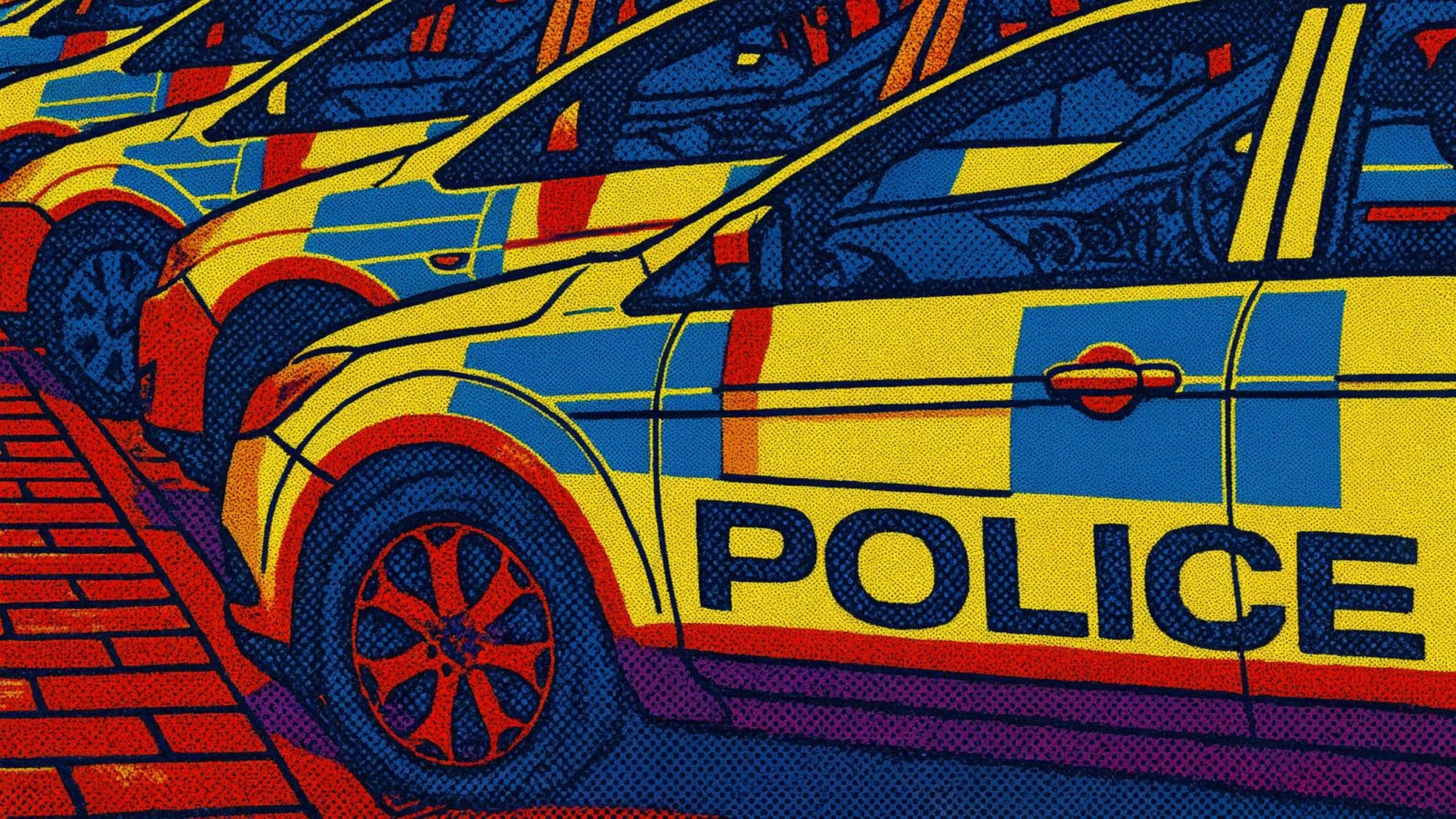Let’s get something straight. If you’re reading this from inside the United Kingdom and you’ve ever committed the heinous act of sarcasm on the internet, better close the curtains. The police might be on their way. Armed, possibly. With body cams. And a warrant to seize your copy of The Complete Fawlty Towers, just in case.
Last year, British police arrested nearly 10,000 people for saying things online that someone, somewhere, decided were “offensive.”
According to data pried out of police forces by the Daily Mail, that’s around 26 people a day. And yes, some of those probably were saying awful things. But many were not. Many were simply annoying. And in the UK now, being annoying online is grounds for a knock at the door.
The arrests were made under laws like the Communications Act 2003 and the Malicious Communications Act 1988, pieces of legislation drafted before TikTok existed, and when “going viral” still referred to the flu.
These laws were originally written to stop actual threats. Not to stop someone from tweeting something sarcastic about climate protesters.
But times have changed. Cumbria Constabulary, apparently keen to earn their badge in “Feelings Policing,” clocked in 217 arrests last year. That’s 42.5 arrests per 100,000 residents.
Meanwhile, Staffordshire managed only 21. What were they doing instead, catching burglars? How outdated.
Gwent Police weren’t far behind, either. The Welsh force made 204 arrests.
Toby Young of the Free Speech Union called the number “alarmingly high.” His assessment may be generous.
What’s truly Olympic-level absurd is the sheer inconsistency. If you’re a bit spicy with your language in Cumbria, you might be arrested before the kettle boils. In Staffordshire, you’d likely get nothing but a raised eyebrow and a politely worded leaflet.
David Spencer from Policy Exchange nailed it when he said, “The variance in approach by police forces suggests that how much freedom of speech we are allowed depends on where we live.”
A troubling sentence, because once you need a zipcode to know what jokes are legal, the country starts to resemble something more out of Kafka.
Polling suggests only 7 percent of people think online “hate speech” should be a police priority. Seven percent! Yet Britain’s police are allocating significant resources to patrol the pixelated badlands of X and Facebook while 90 percent of actual crimes went unsolved last year.
So, to recap: Your house gets burgled? Fill out a form and cross your fingers. Criticize the government’s foreign policy on Facebook? Patrol car, cuffs, and possible prison time.
It doesn’t help that the laws in question use terms like “grossly offensive” and “insulting” without defining them. As Lord Frost pointed out in the House of Lords: “’Grossly offensive’, ‘abusive’, ‘insulting’ and ‘false’ – says who?” Exactly. It’s like trying to enforce a speed limit based on whether the officer feels you were driving too smugly.
Here’s the cherry on the dystopian sundae: According to Free Speech Union’s Toby Young, Russia arrested 3,253 people last year for online speech. Britain arrested four times that. That’s embarrassing and the sort of international statistic that ought to appear in Amnesty International reports.










